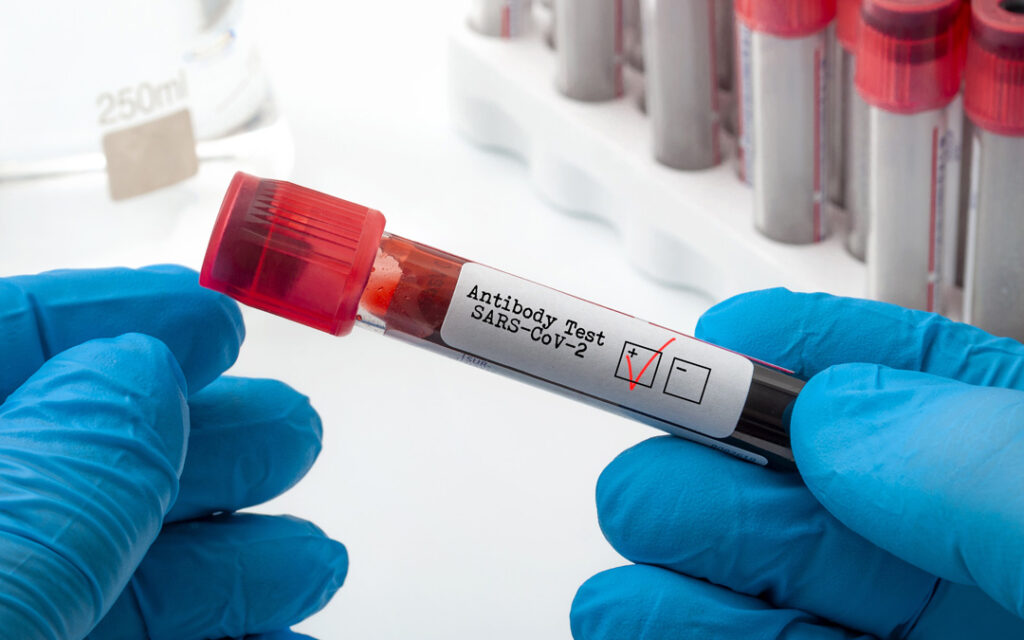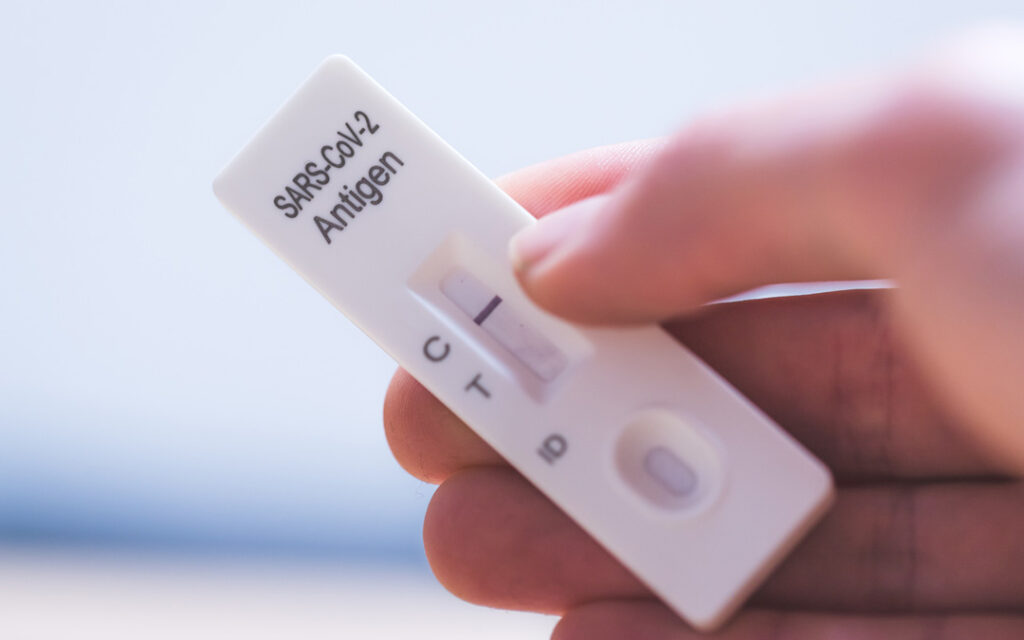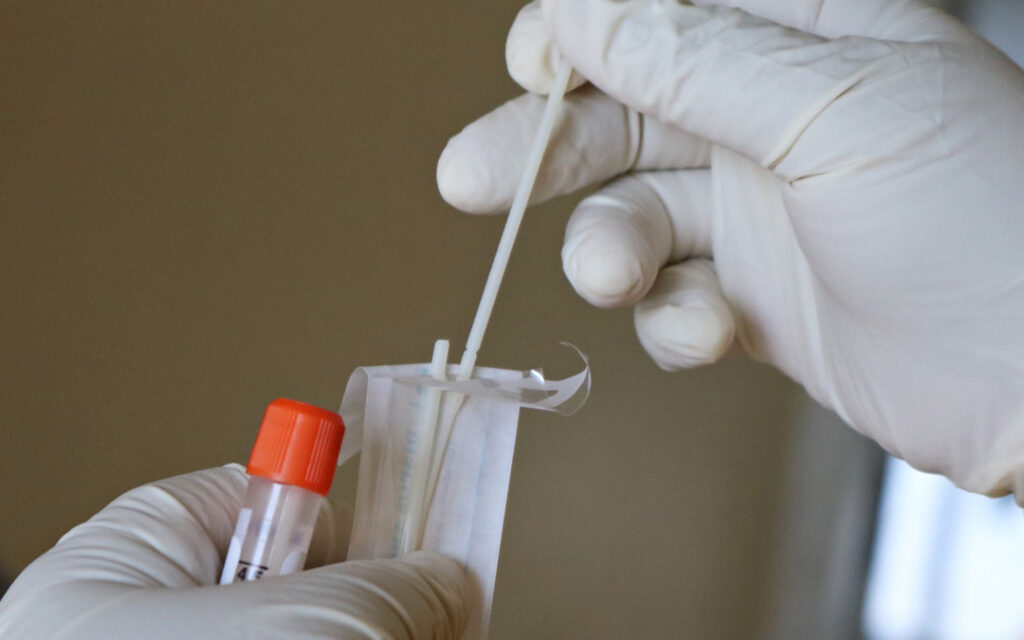GenoRisk™: A Polygenic Risk Score for Alzheimer’s Disease Manuscript Summary
GenoRisk Manuscript: Optimization of a genetic risk assessment algorithm to address individualized genetic testing in Alzheimer's disease (AD). Read our full manuscript here.
How Does Sleep Affect Your Cognitive Health?
When you were a child, your parents likely told you to get a good night’s sleep as they tucked you in bed each night. Contrary to the common myth that sleep requirements decline as we age, sufficient sleep is vital for both adults and children. Most adults function...
Healthy Fats and the Brain: How a Healthy Diet Keeps Your Brain in Shape
The foundation of a brain healthy diet is eating plenty of healthy fats. These fats help to control blood sugar levels, decrease inflammation, and keep you satisfied between meals. While some fats, such as processed meats and processed oils should be limited,...
Alzheimer’s Prevention Through Diet
Understanding Alzheimer's Disease Alzheimer's disease is the most prevalent form of dementia, affecting approximately 6.7 million Americans aged 65 and above as of 2023. With the continual increase in the population of those aged 65 and above, this number is...
The Genetic Link to Ankle Injuries — And What to Do About It
Many factors play a role in the risk of injury, including physical activity or sport of choice, body mechanics, and body weight. In recent years, it has also become apparent that genetics plays a role in the risk of many types of injuries, including ankle injuries....
Antibody Testing for COVID-19
We have previously discussed the differences between RT-PCR testing and antigen testing for the detection of COVID-19 infection. Both of these techniques reveal active infection; in other words, they detect the presence of the virus itself in the human body:...
Antigen Testing for COVID-19: What Is It and How Does It Compare to RT-PCR Testing?
Our last blog installment discussed RT-PCR testing and why it is considered the “gold standard” of COVID-19 tests. We’re proud to be performing this superior test for both drive-through and employer testing programs at ADx Health. There’s a good chance that you...
RT-PCR: The Gold Standard in COVID-19 Testing
The COVID era may be the first time in history when the general public is widely exposed to laboratory terms like PCR, RT-PCR, antigen, and antibody. From a laboratorian’s perspective, seeing these important techniques gain wider awareness in the public is one...
How Physical Activity Impacts Your Cognitive Health
Participating in regular physical activity is good for your body as well as your mind. In fact, regular exercise is associated with improved cognitive function. Furthermore, exercise can improve mood and sleep and reduce stress and anxiety. There are three primary...
Intermittent Fasting and Cognitive Health
Intermittent fasting has gained popularity in the media in recent years, touting multiple benefits from improved metabolism and weight loss to decreased risk of many diseases. The good news is that the science behind intermittent fasting supports many of these...











